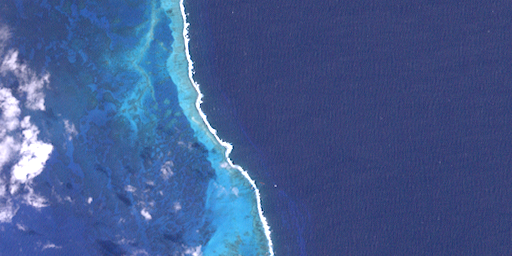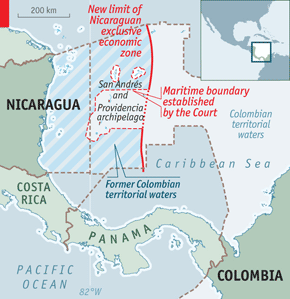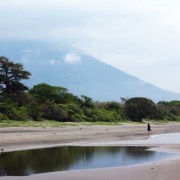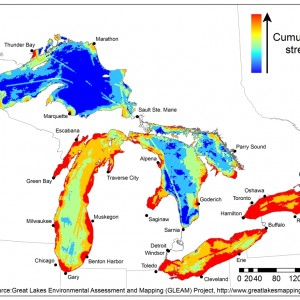Colombia vs. Nicaragua: Dispute Over Borders and Resources in the Caribbean
In response to an unfavorable International Court of Justice (ICJ) ruling pertaining to an interboundary water dispute with Nicaragua, Reuters reported on November 28th that the nation of Colombia has withdrawn from the Bogota Pact of 1948 – and will henceforth refuse to recognize ICJ rulings.
The November 19 ICJ decision redefined Caribbean maritime borders between Colombia and Nicaragua – awarding to Nicaragua a number of islets that have belonged to Colombia since 1822. This ruling expands Nicaragua’s rights to fishing and to potential underwater oil and gas reserves. Though Nicaragua has vowed not to issue drilling licensesin the newly acquired waters, Colombia remains concerned about the fishing rights.
The news comes after Colombian President Juan Manuel Santos said that the ICJ ruling has “omissions, mistakes, excesses, inconsistencies, that we cannot accept,” according to an earlier Reuters report.
Asked whether Colombia would pursue recourse or protest the ruling, Nicaraguan President Daniel Ortega said, “I am sure that our brothers, the Colombian people, the Colombian government, and the president of Colombia…. Will recognize the International Court of Justice’s decision, because there is no other way forward.”
Both nations resolved to maintain peaceful relations amidst the dispute over the cluster of islands and portions of the UNESCO-recognized Seaflower Biosphere Reserve.
After the ICJ ruling was handed down, Nicaragua sent ships to establish its territorial sovereignty over the disputed waters. Colombia is reported to maintain its naval presence in the waters of the disputed territory, and President Santos has ordered his navy to remain until the ICJ rules on an appeal.
Similarly, the ICJ began a hearing on December 3 on a claim by Peru that stakes out maritime borders around productive fishing territory that historically belongs to Chile, in the Pacific Ocean.
The fight over the rights to resources and services in restricted transboundary waters is also familiar in Asia: a dispute simmers between China and Japan in the South China Sea over water boundaries delineating rights to ecosystem services and untapped energy reserves.
is an editorial intern for Circle of Blue based out of Traverse City, Michigan. She holds a BA in International Relations from Michigan State University’s James Madison College. Her interests include water pricing, environmental economics and policy, and conflict mediation.








Leave a Reply
Want to join the discussion?Feel free to contribute!